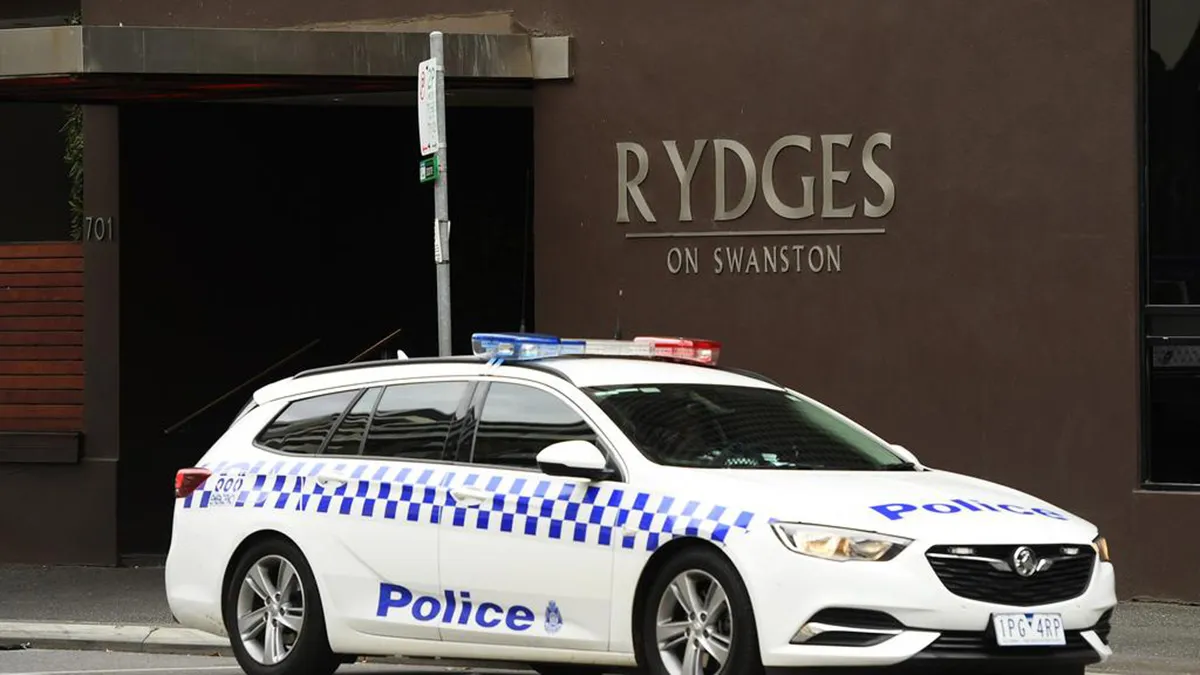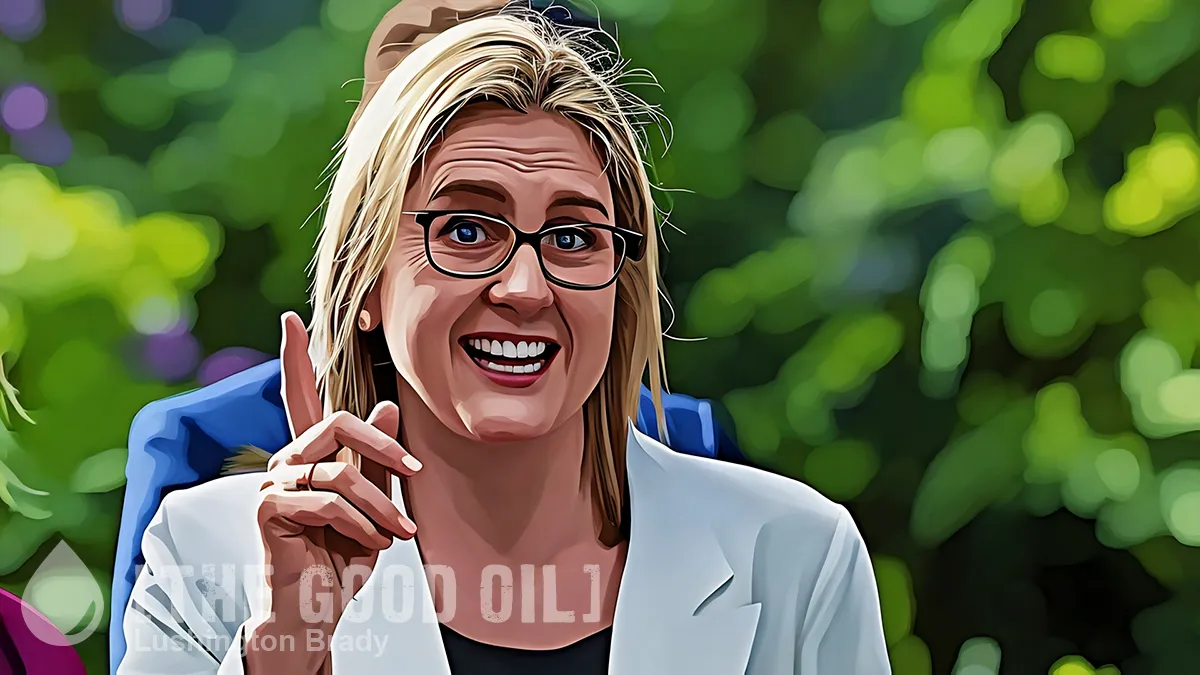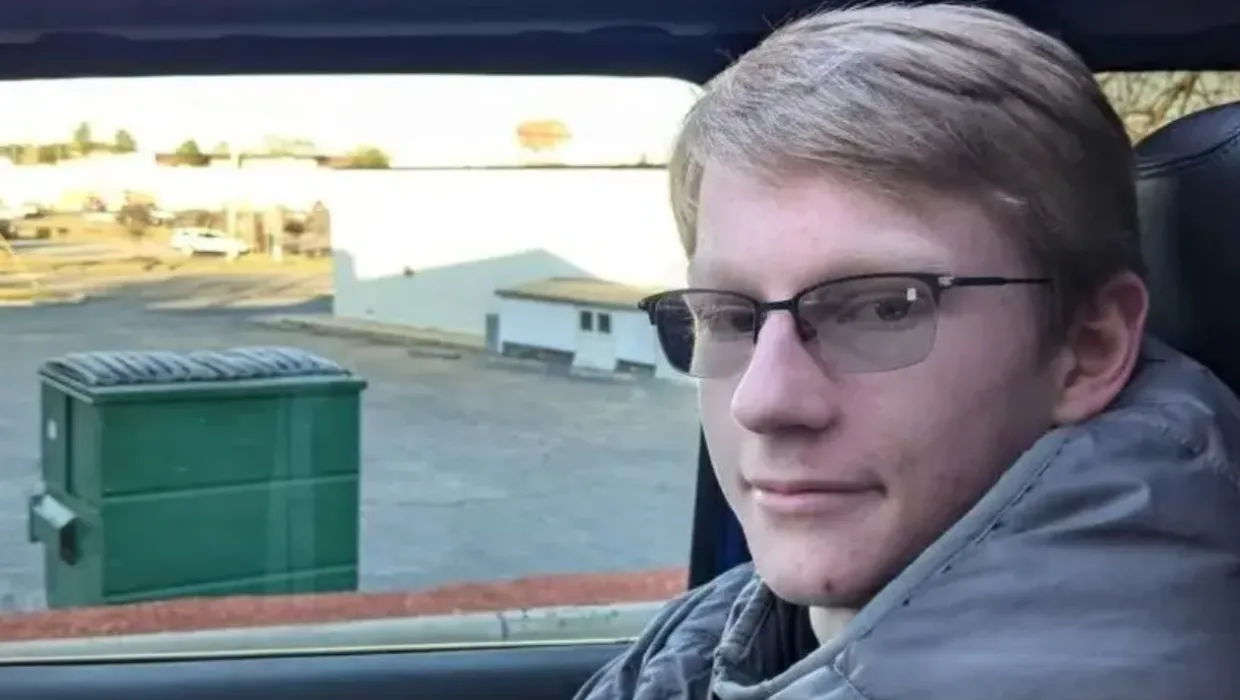Table of Contents
It’s almost certain that, despite Daniel Andrews’s constant mantra of “I don’t know”, nearly every case in Victoria’s surge in COVID-19 infections is linked to the state’s bungled hotel quarantine regime. But it’s only now becoming clear just how badly the programme was bungled.
The failure of the Victorian government and bureaucracy in managing almost every aspect of hotel quarantine simply beggars belief.
Every other state had police or the Australian Defence Force (ADF) overseeing security, but Victoria flatly rejected the Commonwealth’s initial offer of ADF assistance. Instead of its own police, the state government opted to hand quarantine security over to a private contractor. A contractor, it’s already been alleged, that hired security guards via Gumtree and Whatsapp.
Security guards with “no formal interview or training” were thrown in the deep end of the “crazy floor”, where quarantined arrivals were screaming, banging on walls and rushing for the doors. PPE was lacking and guards were using their breaks to go to the 7-11 and KFC next door to the hotel, inadvertently spreading the virus far and wide.
And that’s just the beginning of the cesspool of stupidity the Victorian government dug itself.
One of three security companies linked to Melbourne’s hotel quarantine fiasco has been operating on an expired security licence since June 21 after its permanent licence expired and Victoria Police extended its assessment process until the end of August.
It gets better.
The Age and The Sydney Morning Herald can also reveal that a company closely linked to Unified Security, which had an almost identical name and operated from the same Sydney address, has been embroiled in a protracted liquidation process and as recently as February this year still owed unsecured creditors $4.5 million[…]
The Victoria Police licensing and registration division database shows the private security business licence for Unified Security Group (Australia) Pty Ltd expired on June 21[…]
In March 2017, liquidator Hall Chadwick reported one director from the externally administered Unified Security Group (Aust) Pty Ltd to ASIC for “potential offences” under the Corporations Act. The director is not identified in the correspondence seen by The Age and Herald. ASIC declined to investigate Hall Chadwick’s referral.
Hall Chadwick also advised ASIC that its investigations indicated the security business at that time appeared to have been trading while insolvent and that voidable transactions – transfers of money or assets that unfairly benefit some creditors – had been identified. The liquidated company and Unified Security are related indirectly through a common shareholder.
But that’s not all folks. Not by a long shot.
Unlike the other two main contractors, MSS and Wilson, which were selected without tender by Victoria’s Department of Jobs, Precincts and Regions in late March to guard quarantine hotels, Unified Security was not part of a Victorian government panel of approved security providers.
So why were they handed such a sensitive job?
After all, experience overseas and in Australia, with the Ruby Princess outbreak, was already showing that returning travellers were a major vector for introducing and spreading the virus. But the Victorian government seems to have been more intent on ticking off the intersectional boxes on its “social inclusion” policies than protecting the health of its citizens.
Victorian Indigenous certification organisation Kinaway said it had audited Unified Security and found its claims of Indigenous ownership and employment to be genuine.
Unified Security said in a statement it was “disappointed that a proudly Australian and Indigenous-owned business is being subjected to a relentless campaign of rumours and innuendo” from bigger rivals threatened by a loss of market share.
“We have provided a high quality, frontline service to the community for the Hotel Quarantine Program,” the company said.
15,000-plus infections and nearly 250 deaths – both nearly five times more than second-runner NSW – suggest otherwise.
If you enjoyed this BFD article please consider sharing it with your friends.









